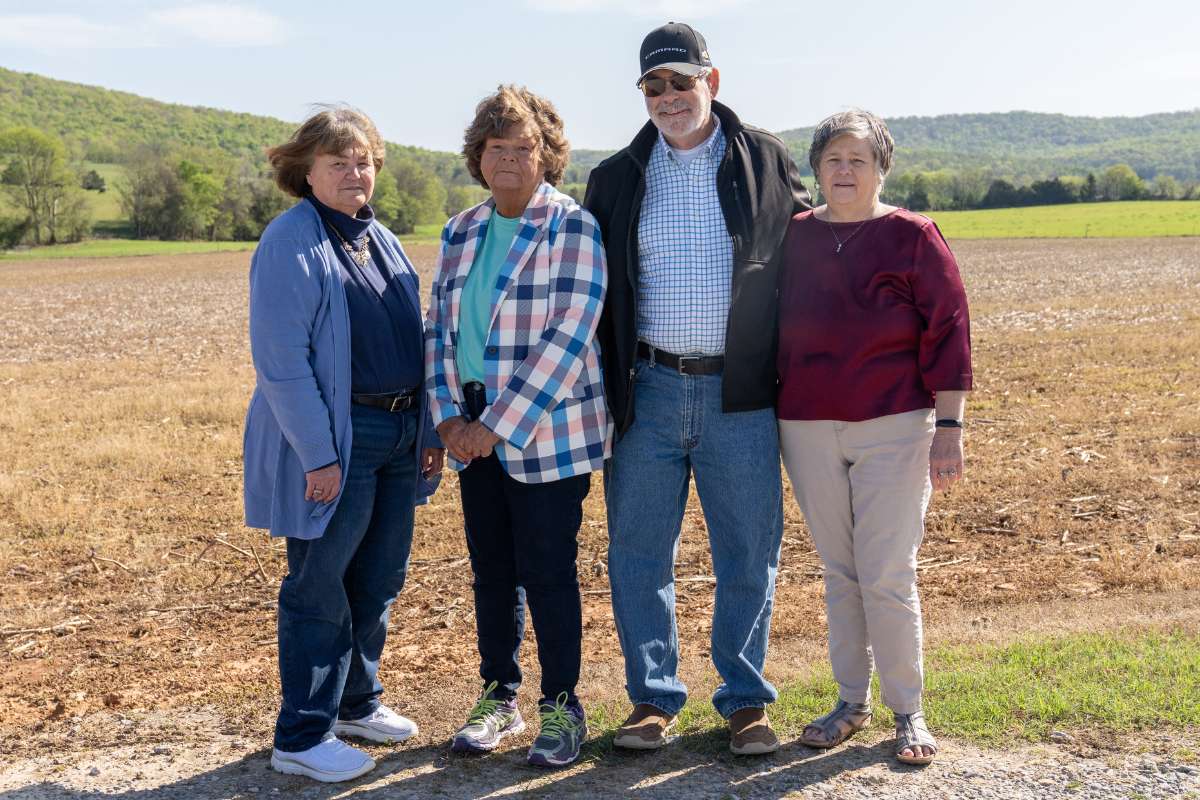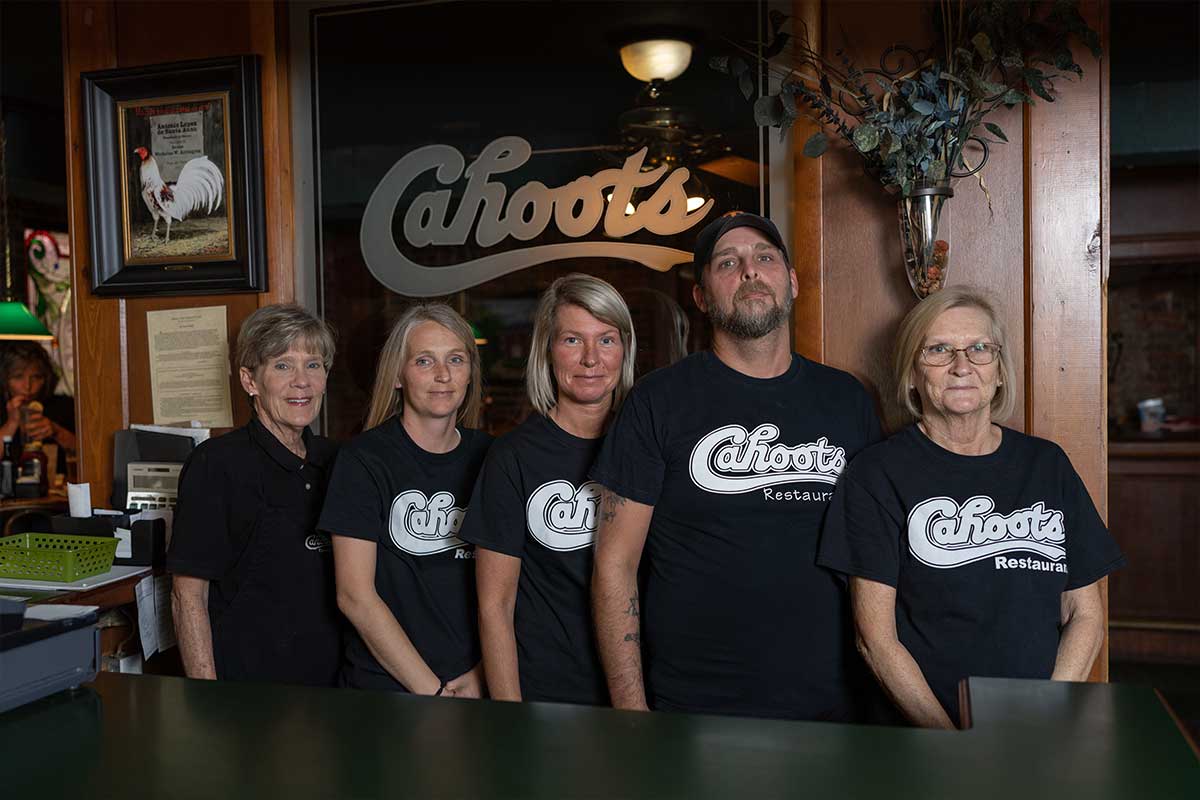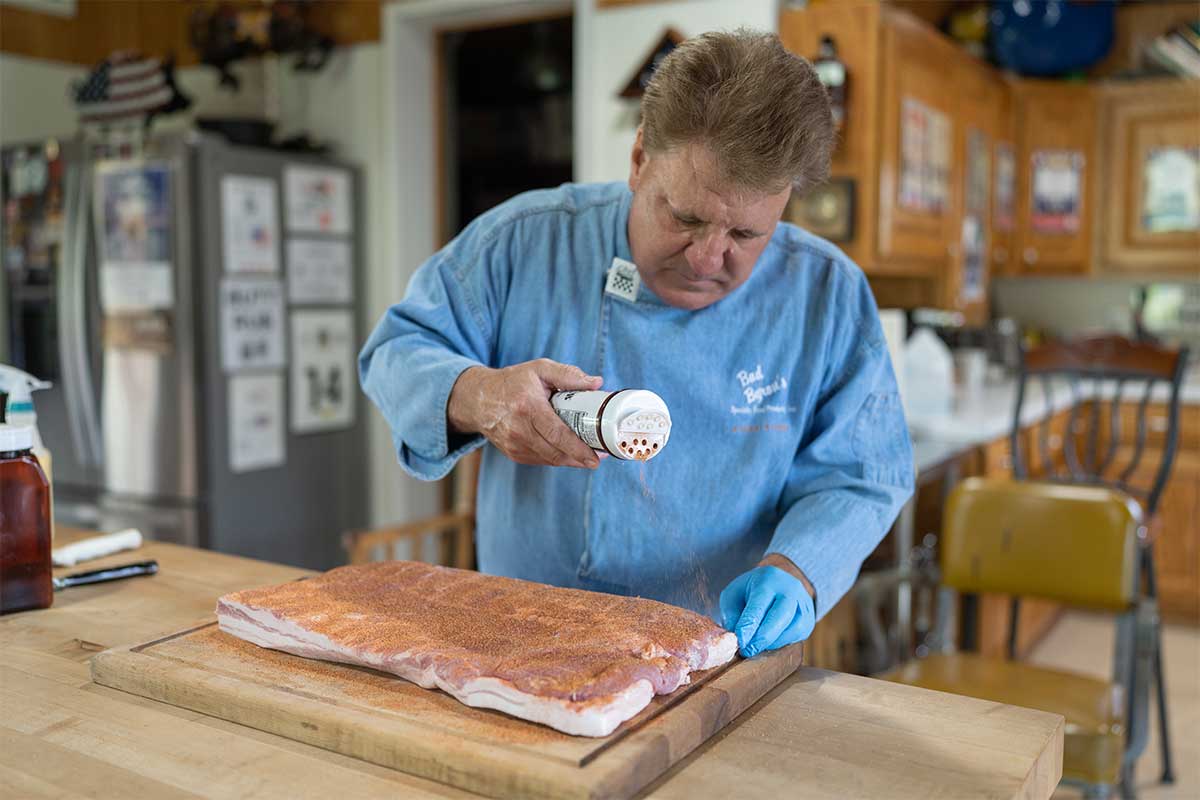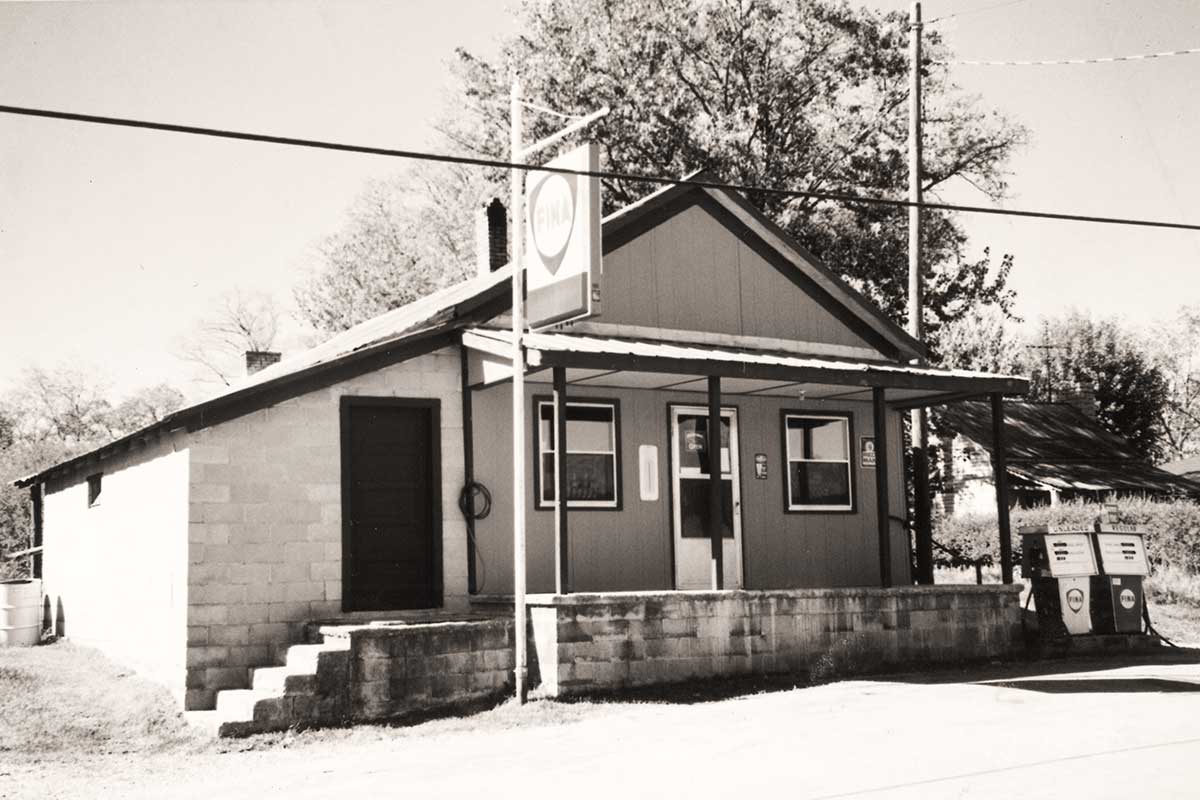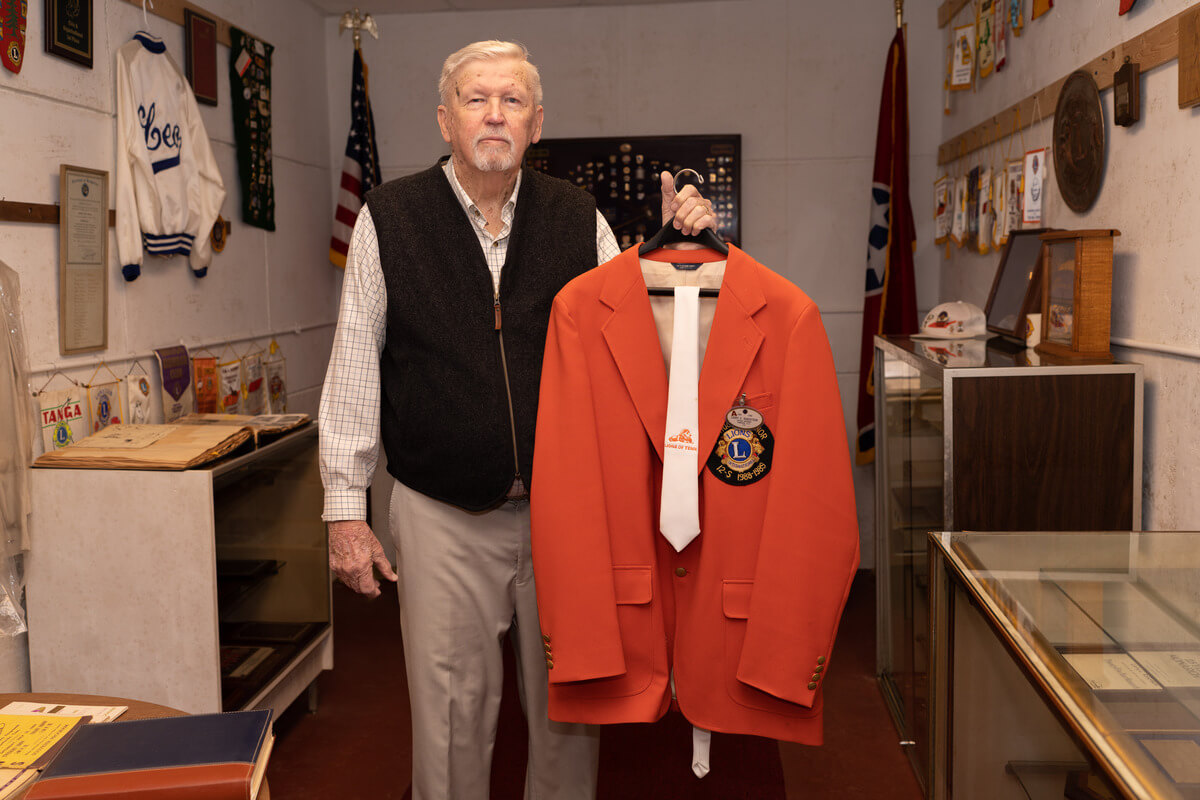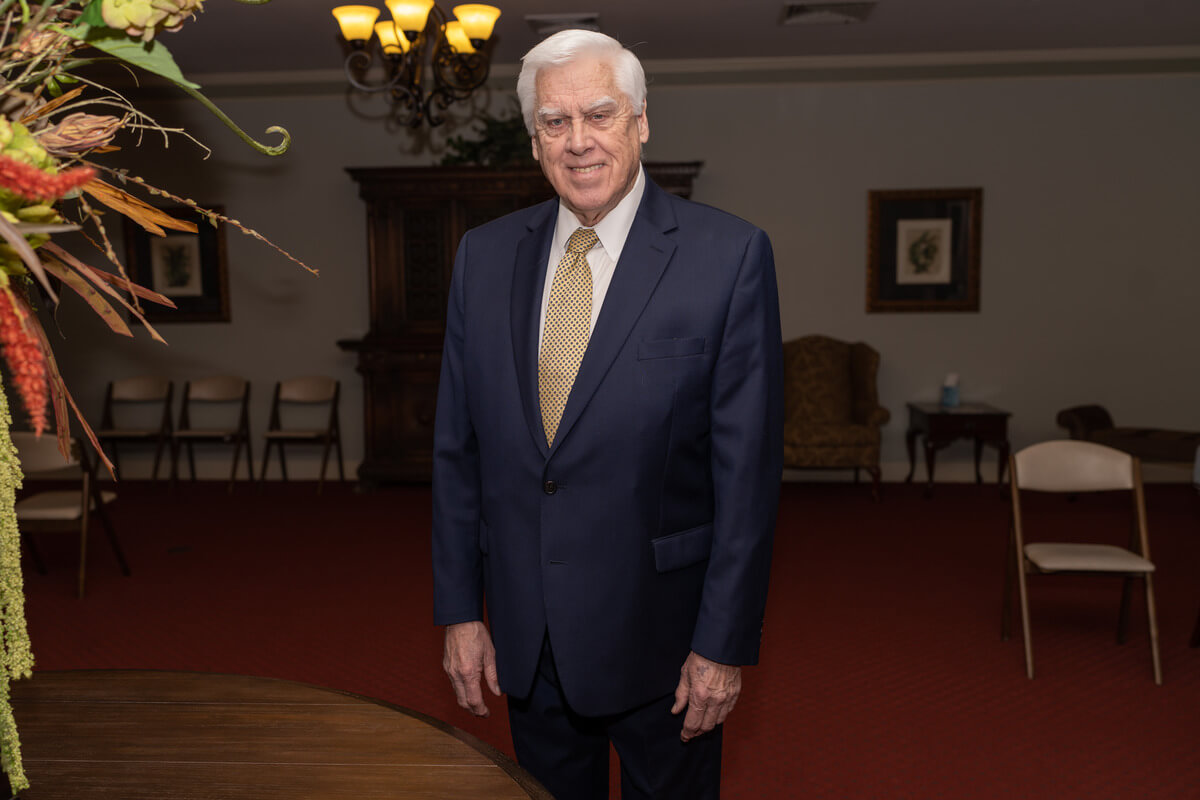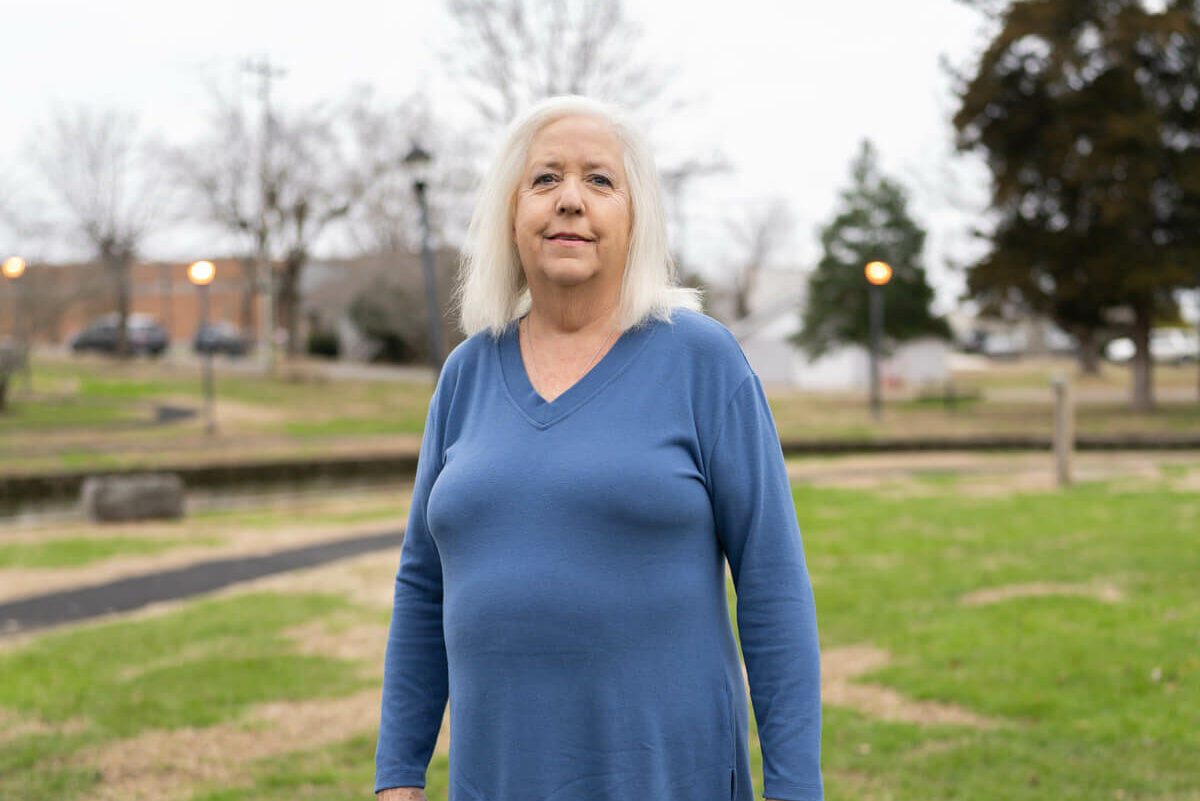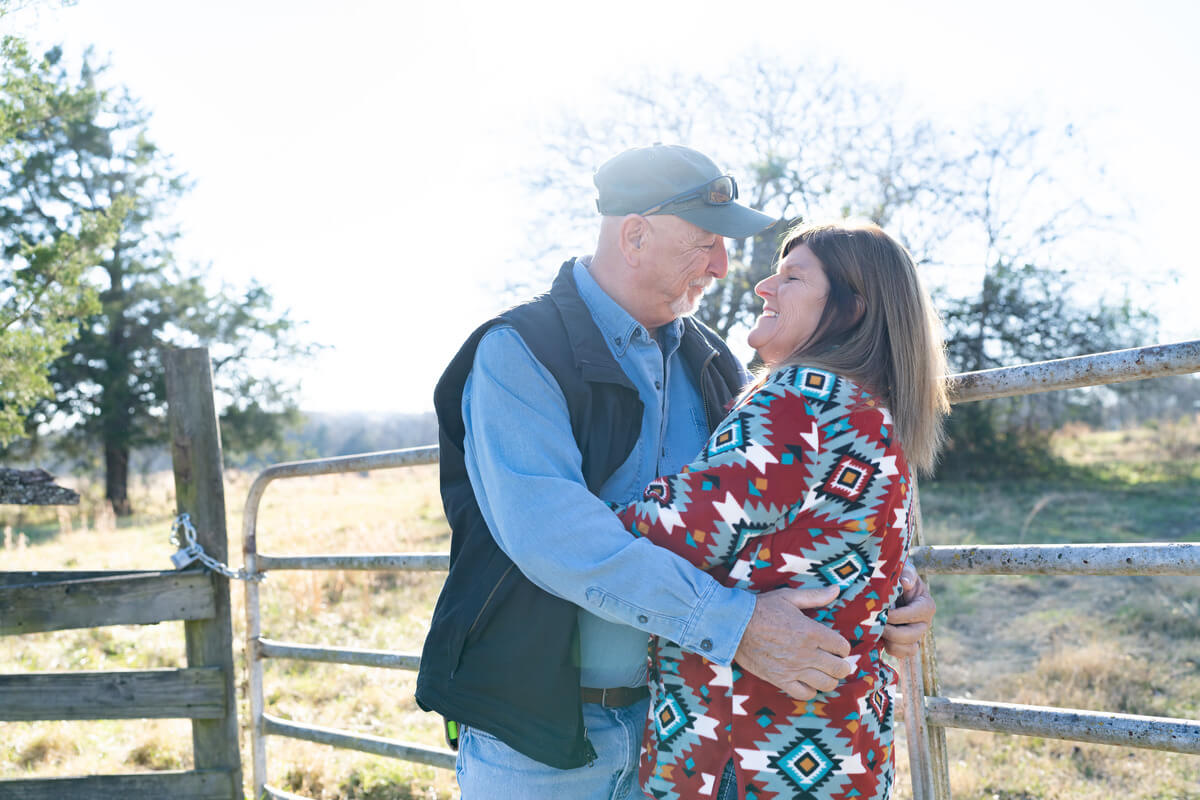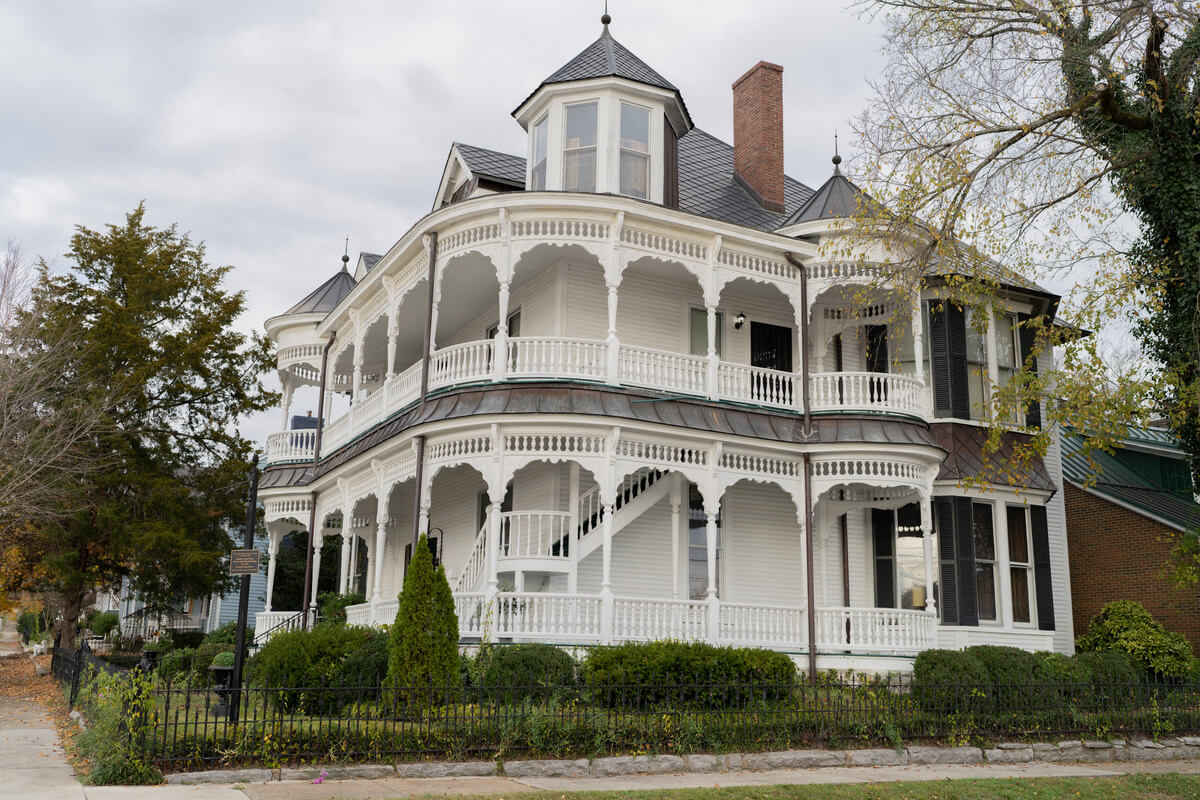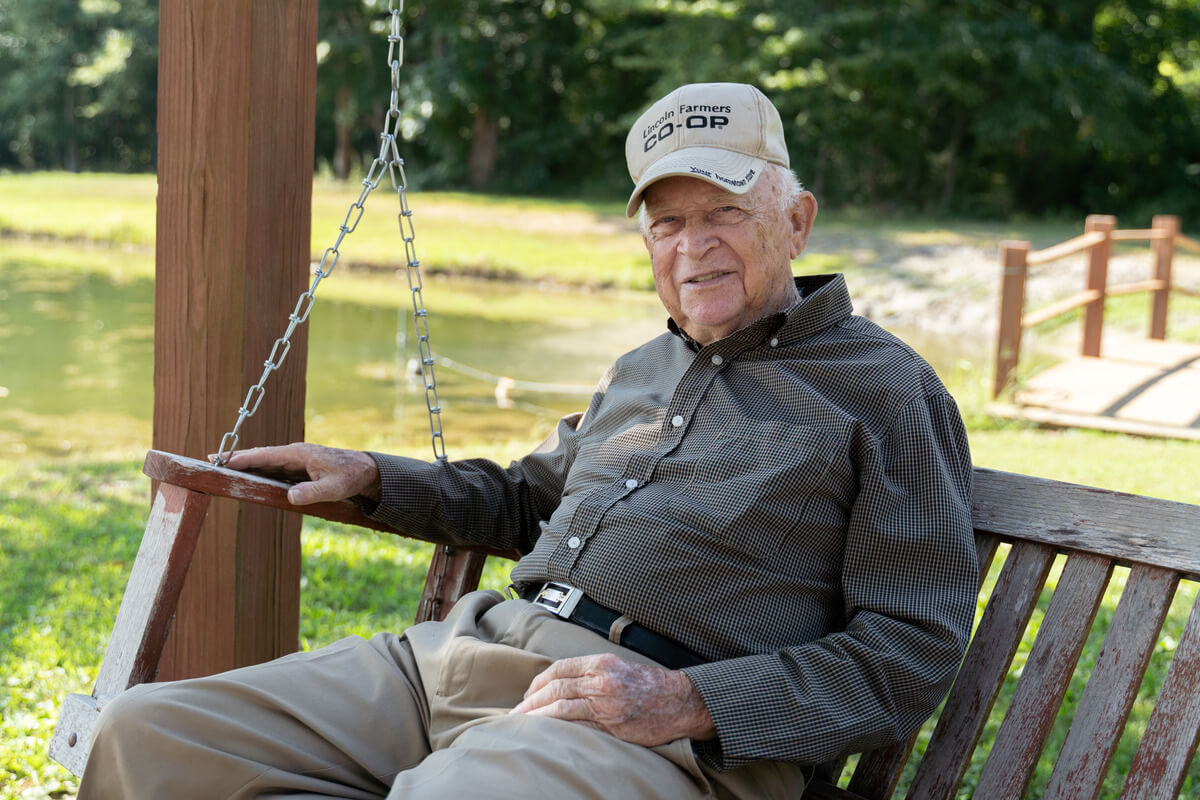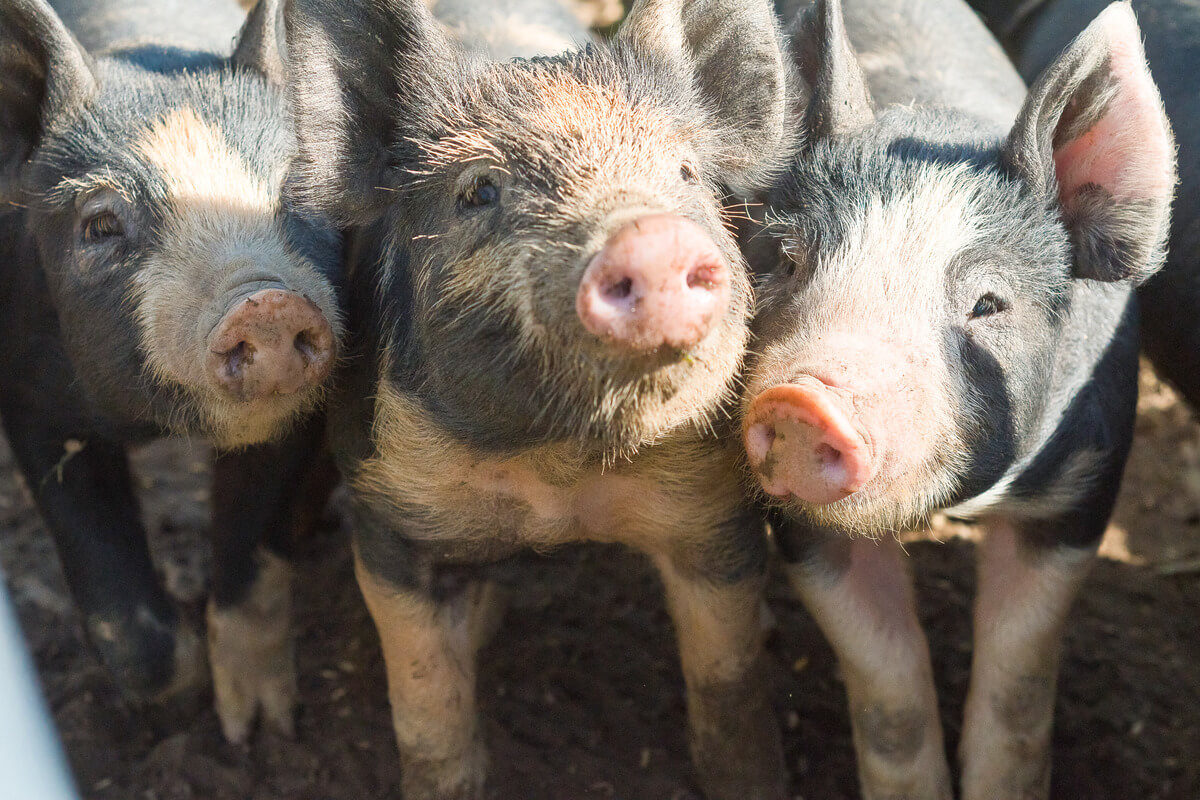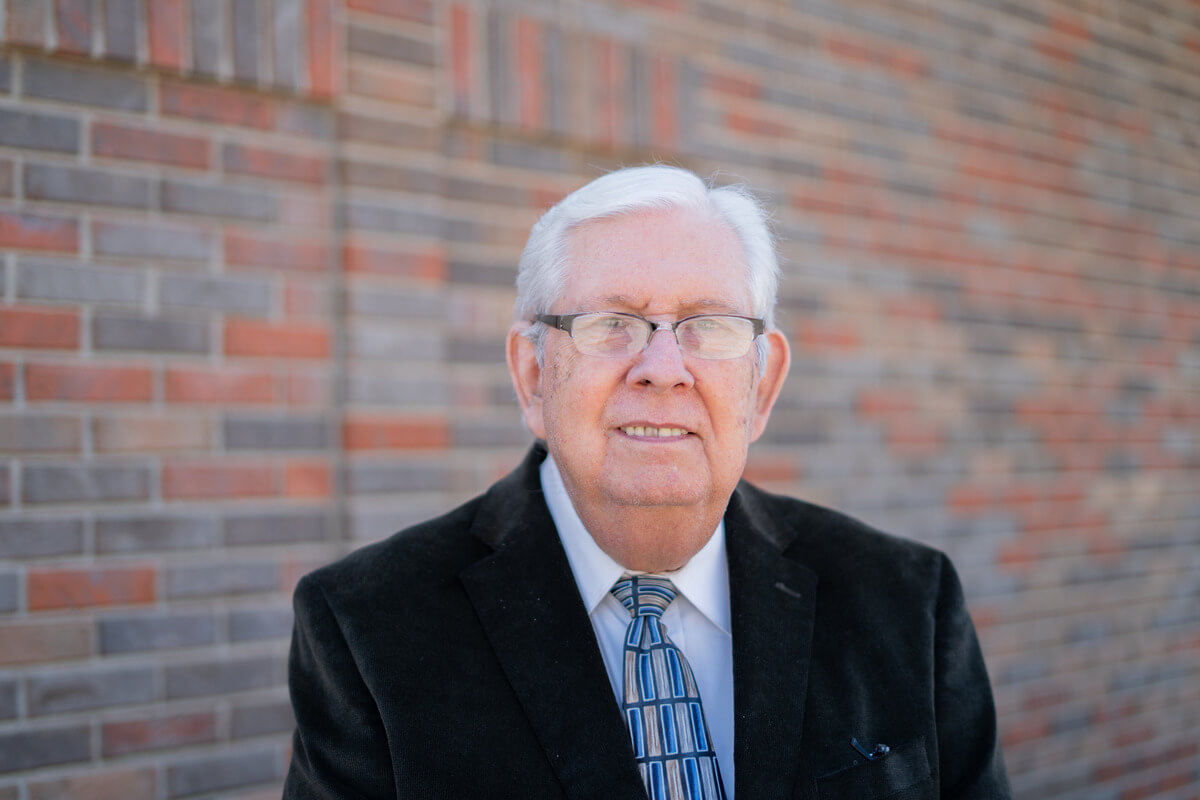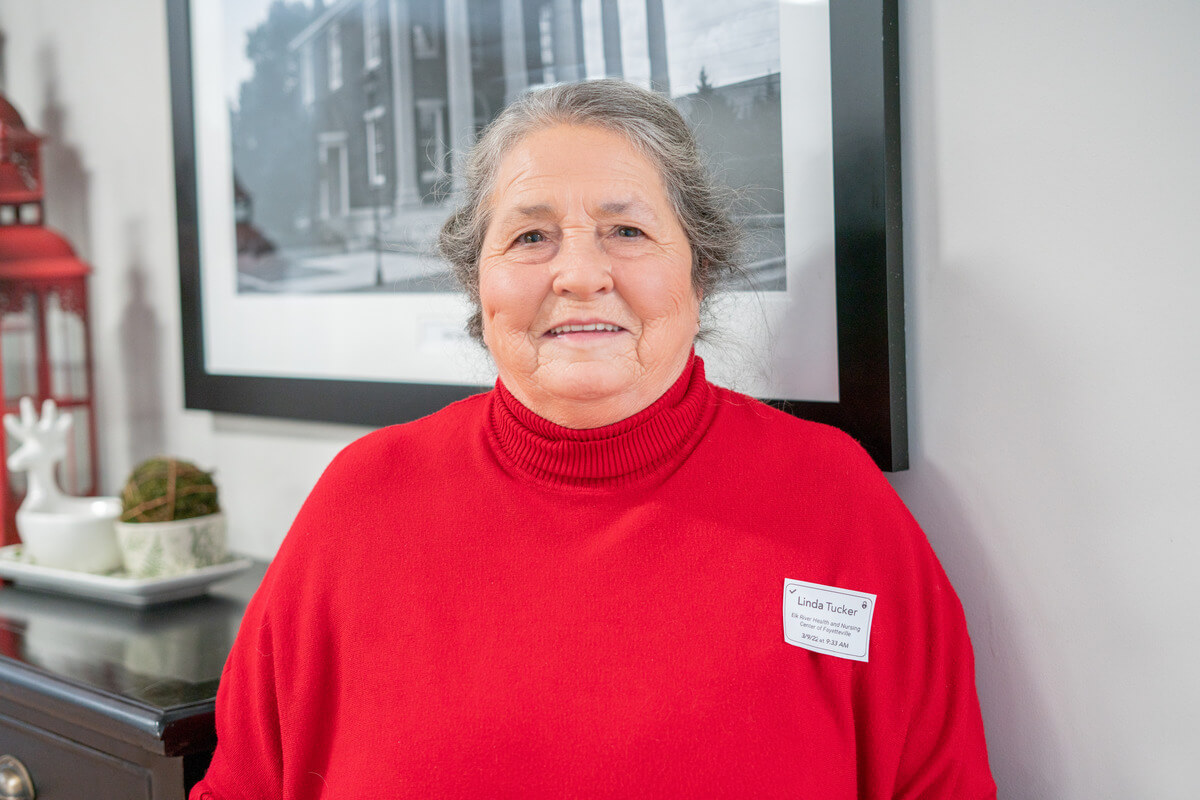“FREEDOM” enters the chatroom, and immediately it’s all, barbecued meat and who’s got the biggest bang of a firework show. While Independence Day is our nation’s designated time to pause and celebrate freedom and independence from Great Britain, the day is not all-encompassing by any means. Freedom remained a lofty and painful longing for African Americans. Liberty was a far cry from reality, day in and day out.
Imagine waking up each morning achy and sore. Physical, mental, and emotional exhaustion weighs heavily on your entire being, even during sleep. You would spend your day tilling a land you would never own, even if you had the money. With each pickaxe swing, you buried another seed of hope deep within the cold, hard ground. Independence and freedom was for white men.
Not every seed of hope withered. Some seeds took root and grew into an army of human rights leaders. Scattered throughout many different spheres of influence, these powerful leaders primarily held positions within the political and military arenas. President Abraham Lincoln stood out among them. Lincoln knew slavery, in any form or fashion, could not and should not be justified. Therefore, he issued the Emancipation Proclamation on January 1, 1863. This proclamation established that all enslaved people “shall be then, thenceforward, and forever free.” (History.com, December 2009). As foundational as signing this document was, in reality, the Emancipation Proclamation did not immediately free enslaved people.
Many enslavers held out on sharing this news until harvest time was over. Many more chose not to communicate the information of liberty with those enslaved to them and instead picked up and snuck away to Texas, as it was viewed as a safe zone for continued enslavement. It’s no surprise that even two years after the Emancipation Proclamation had been signed into effect, hundreds of thousands of people still lived in bondage.
However, on June 19, 1865, federal troops were sent to Galveston, Texas, to take control of the state and help ensure that all of those who were enslaved would be set free. According to archives found in the Texas State Library, Union Major-General Gordon Granger read General Order No. 3 to the people of Galveston on that day. It stated:
“The people of Texas are informed that, in accordance with a proclamation from the Executive of the United States, all slaves are free. This involves an absolute equality of personal rights and rights of property between former masters and slaves, and the connection heretofore existing between them becomes that between employer and hired labor.”
Upon hearing this decree, jubilant celebrations broke out among newly freed black people and friends. National holiday or not, the victory of Juneteenth was seared within the souls of man, that very day. The year following 1865, freed men in Texas organized the first of what became an annual celebration of “Jubilee Day” on June 19. The celebration grew larger and more prominent over the next few decades. Texas became the first state to make Juneteenth an official holiday. Then in 2021, President Joe Biden signed a bill into law, making the day a national holiday. Juneteenth honors the end of slavery in the United States and celebrates freedom for all people. GN

